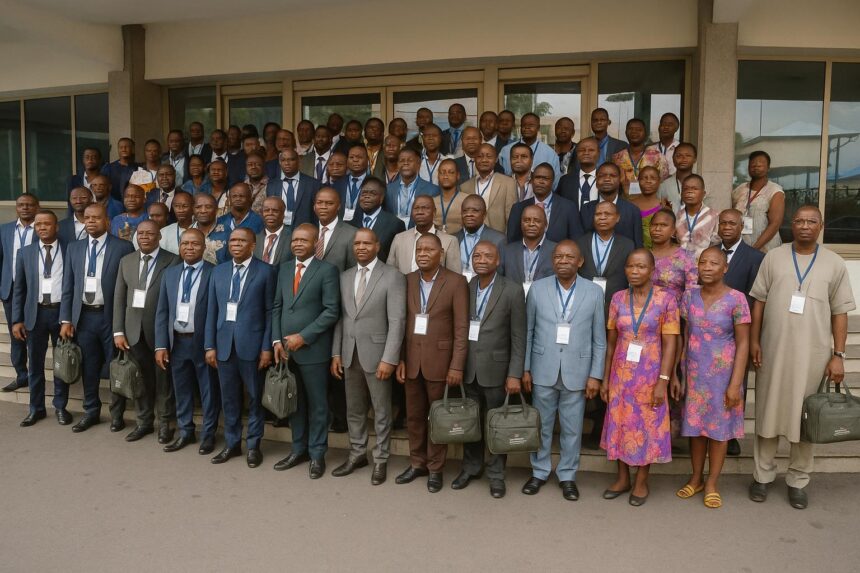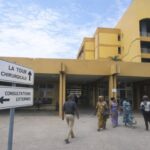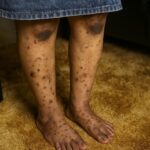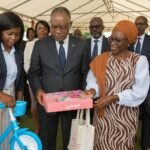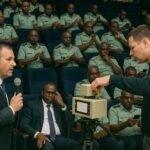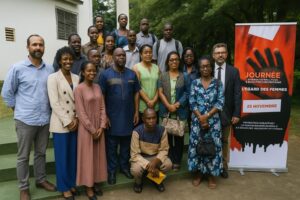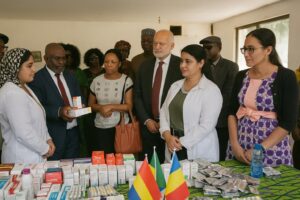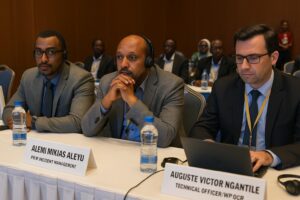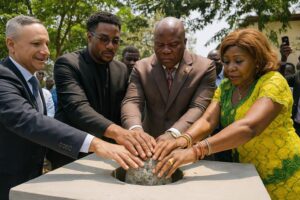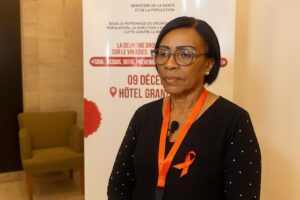Brazzaville gathers African urologists
Cent twenty surgeons, researchers and students filled the amphitheatre of the Brazzaville Faculty of Health Sciences for three intense days, marking the second congress of the Congo Urology Society. Delegations arrived from Côte d’Ivoire, Niger, Gabon, Cameroon, Chad and the neighbouring Democratic Republic of Congo.
- Brazzaville gathers African urologists
- Hands-on workshops boost surgical skills
- Spotlight on male health and cancer prevention
- Kidney stones and laser breakthroughs
- Pediatric cases underline urgency
- Voices from the congress floor
- Strengthening local hospitals
- Financing skills beyond big cities
- A shared roadmap for 2024
Organisers celebrated a participation rate up by forty percent compared with the inaugural edition in 2021. “The diversity of cases and the energy in the hall show how fast African urology is moving,” said congress president Professor Alain Prosper Bouya while welcoming attendees on 25 September.
Hands-on workshops boost surgical skills
The opening morning focused on practical sessions instead of long speeches. In a packed operating-theatre classroom, Congolese surgeon Dr Josiane Moutou demonstrated the Chassar-Moir technique for obstetric fistula repair using low-cost simulation models, drawing appreciative applause from younger colleagues.
Simultaneously, another team presented bipolar trans-urethral resection of the prostate. Participants donned virtual-reality goggles to rehearse instrument handling before moving to a live pig-bladder model. “We work in resource-limited settings, so mastering safe, reproducible gestures is essential,” insisted Ivorian instructor Dr Kouadio N’Guessan.
Spotlight on male health and cancer prevention
Day two pivoted toward andrology and uro-oncology, with thirty-one oral papers raced through a tight schedule. New data confirmed prostate cancer remains the leading male malignancy in Central Africa, often discovered at late, metastatic stages that limit curative options.
Congolese resident Dr Merveille Mbenza urged routine screening from age fifty, citing his Brazzaville series where seventy-two percent of tumours were advanced. Researchers also shared promising results on infertility management, varicocele Doppler mapping and phosphodiesterase-5 inhibitors for erectile dysfunction.
Kidney stones and laser breakthroughs
The third morning opened with case reports on urinary lithiasis, including a dramatic twenty-six-millimetre ‘stag-horn’ stone extracted from a Pointe-Noire fisherman. Speakers advocated wider availability of metabolic evaluation labs to tackle recurrent stones linked to diet and dehydration.
Cameroonian pioneer Dr Samuel Tang presented portable Holmium-YAG laser technology capable of fragmenting calculi in ten minutes. “The machine fits in a suitcase and plugs into a domestic socket—perfect for our regional hospitals,” he noted, demonstrating video footage that drew gasps from the audience.
Pediatric cases underline urgency
Uro-pediatric sessions exposed the heavy burden carried by children. Gabonese resident Dr Laure Odimba reviewed duplicated urethra malformations, stressing the psychosocial impact of delayed repair. Another presentation described a rare renal abscess successfully drained at the Talangaï referral centre.
Emergency paediatric surgeon Dr Dieudonné Djembo detailed three cases of Fournier gangrene in boys under ten, contracted after untreated scrotal injuries. He called for community education and faster ambulance networks to shorten the current average transfer time of six hours.
Voices from the congress floor
Reading the final report, maître de conférence agrégé Stève Aristide Ondziel-Opara painted a nuanced picture: undeniable diagnostic delays and outdated equipment, yet a palpable scientific dynamism. “Our three key messages are prevention, multidisciplinary teamwork and mastery of endoscopy,” he summarised to sustained approval.
Young delegates echoed the sentiment. “I recorded every slide on my phone. Monday I’ll debrief my service chief and push for low-cost screening days,” confided Congolese intern Chadrack Louemba, eyes sparkling with resolve.
Strengthening local hospitals
Discussions frequently returned to equipment gaps. Only two public centres in Congo-Brazzaville currently own functioning cystoscopes, forcing many patients to travel or forgo care. Manufacturers present at the congress offered rental plans and shared-ownership models tailored to mid-income facilities.
Health-ministry representative Dr Claudine Okemba welcomed the proposals, confirming that Brazzaville’s 2024 budget earmarks funds for endoscopic towers and nurse training. “Partnership is our watchword. The ministry applauds the society’s initiative and stands ready to facilitate import procedures,” she told journalists.
Financing skills beyond big cities
Speakers highlighted the rural–urban gap, where ninety percent of urologists work in the main two cities. A Nigerien study on mobile consultation units drew attention: over six months, a single van screened seven hundred villagers, detecting early prostate lesions in eleven percent.
Delegates suggested adapting that model for the Congo River corridor, coupling ultrasound equipment with tele-expertise. Telecommunications start-up WariLink signalled interest in providing satellite data packages, an offer set to be refined in further talks with the medical society.
A shared roadmap for 2024
The closing session adopted a five-point declaration: promote annual prostate-specific antigen campaigns, integrate urology modules into family-doctor curricula, organise travelling stone-disease clinics, negotiate regional maintenance contracts for endoscopy gear and reconvene next year in Pointe-Noire.
“These exchanges were fruitful and stimulating. Let us capitalise on them to lift our daily practice,” concluded Professor Bouya, drawing a long standing ovation that blended optimism with determination. As delegates filed out, many were already checking flight schedules for the coast.

